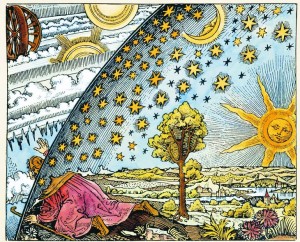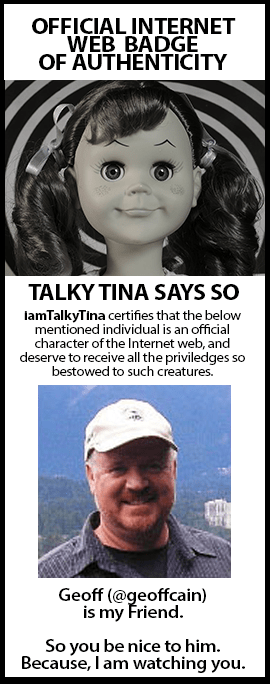I have a policy with students about using old research and ideas. I want them to look at what has been happening with the issues they are writing about using articles and other media that are roughly no more than five years old. If it is a primary document (Darwin, the Constitution, etc.), or an essential or unique argument, then yes, especially if the student goes through the trouble to argue for the usefulness of the text. I have a few older documents that I use, despite some of the issues that they might present, that are useful tools for self-reflection. One of those is Maslow’s Hierarchy of Needs. I know that there are arguments against it, but I think other things that we do in class (discussing bias and cultural relativism) address this. One of the useful things about Maslow’s Hierarchy is that it allows students to realize that there are other lenses in which to see other cultures or social problems besides right and wrong, good and bad, and other false or loose dichotomies. You might think that Kim Jung Un is a madman, but that pretty much stops the conversation. How do you solve a problem with a madman? Or a student may declare that so-and-so is a “terrorist” or people from a particular region are terrorists without knowing the history of the region or what the needs and motivations might be of someone who would choose to solve problems in a different way than the student would choose.
Diagram of Maslow’s hierarchy of needs. (Wikipedia)
And there is another reason why I find it useful. I have students who come to school early in the morning after working until 3:00 or 4:00 in the morning. I have students worried about not having jobs; students who come to school hungry. And their attitude about their learning is often really skewed. I hear these students saying over and over that they are not good at math, writing, or reading. They will say that they are not smart or that school really isn’t for them when, according to Maslow, it is very difficult to be a creative problem-solver when you are still working on food, water, security, and self-esteem. If, as Aristotle said, one cannot philosophize on an empty stomach, then surely student will have great difficulty focusing on the binomial theorem. There is something liberating for some of these students when they realize that they are not stupid or that they are “not cut out for school” but their current, temporary circumstances can get in the way of their learning.
In the first week of Social Studies, we look at Maslow, Values and Public Policy, and other tools that not only let them look at the world a different way. It is a way to teach empathy, not just for the world, but for themselves as well.




